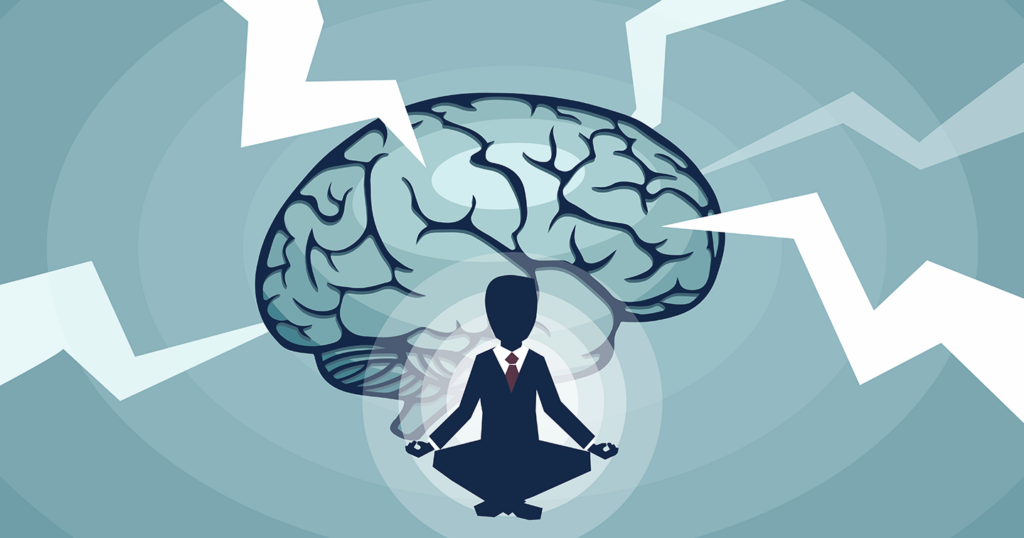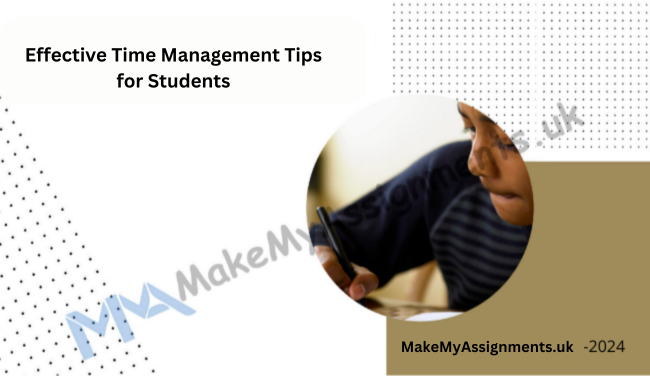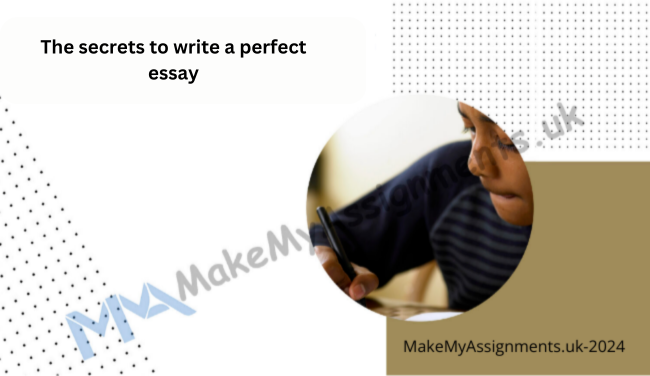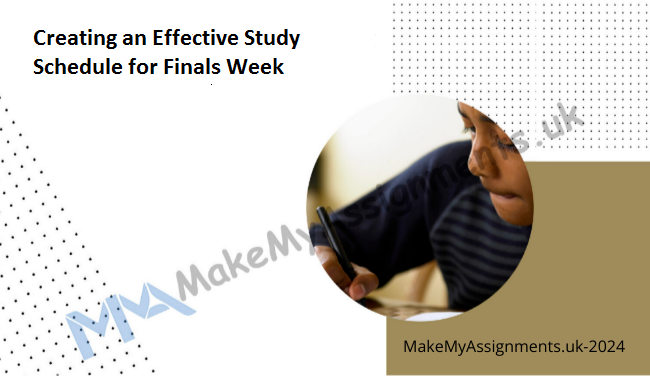Time management is a crucial skill for students to master, especially when juggling classes, assignments,…

Exploring Connections Between Art Education and Emotional Intelligence
In a world where technical skills and academic achievements often take center stage in education, the role of art education might sometimes be overlooked. However, delving deeper into the realm of creativity reveals a profound connection between art education and the development of emotional intelligence (EI). Emotional intelligence, often abbreviated as EI or EQ, refers to the ability to recognize, understand, and manage both our own emotions and those of others. This blog aims to explore the intricate relationship between art education and emotional intelligence, highlighting how engagement with the arts can foster emotional intelligence in learners of all ages.

Understanding Emotional Intelligence
Before delving into the connection between art education and emotional intelligence, it’s crucial to understand what emotional intelligence entails. Daniel Goleman, a psychologist who popularized the concept, identifies five key components of emotional intelligence:
- Self-awareness: Recognizing and understanding one’s own emotions.
- Self-regulation: Managing and controlling one’s emotions effectively.
- Social awareness: Sensitivity to the emotions and needs of others.
- Relationship management: Building and maintaining healthy relationships.
- Empathy: Understanding and sharing the feelings of others.
Emotional intelligence plays a vital role in personal and professional success, influencing various aspects of life, including communication, decision-making, and interpersonal relationships.
The Role of Art Education
Art education encompasses a wide range of creative disciplines, including visual arts, music, drama, dance, and literature. Through active participation in artistic activities, individuals can develop and enhance their emotional intelligence in several ways:
- Self-expression: Art provides a medium for individuals to express their thoughts, feelings, and experiences in a non-verbal manner. Engaging in creative expression fosters self-awareness and helps individuals better understand their own emotions.
- Emotional exploration: Artistic activities often encourage individuals to explore and process complex emotions. Whether through painting, writing, or acting, students can delve into the depths of their emotions, gaining insights into their inner world.
- Empathy and perspective-taking: Creating and experiencing art can cultivate empathy by allowing individuals to step into the shoes of others. Through the portrayal of diverse characters and situations, art promotes perspective-taking and encourages viewers to consider alternative viewpoints.
- Collaboration and communication: Many artistic endeavors involve collaboration and teamwork, requiring individuals to communicate effectively, resolve conflicts, and work towards a common goal. These experiences nurture relationship management skills and promote social awareness.
- Critical thinking and problem-solving: Art education encourages individuals to think critically, experiment with different ideas, and find creative solutions to challenges. This process enhances self-regulation and fosters resilience in the face of setbacks.
Implementing Art Education for EI Development
To leverage the potential of art education for emotional intelligence development, educators can incorporate various strategies into their teaching practices:
- Emotion-focused activities: Integrate activities that explicitly focus on recognizing and expressing emotions through art. For example, students can create visual representations of different emotions or engage in storytelling exercises to explore complex feelings.
- Reflective practices: Encourage students to reflect on their artistic creations and the emotions they evoke. Journaling, group discussions, and artist statements provide opportunities for self-reflection and deeper emotional exploration.
- Cross-disciplinary connections: Explore connections between art and other academic subjects, such as literature, history, or science, to foster interdisciplinary learning and broaden students’ perspectives.
- Cultivate a supportive environment: Create a classroom culture that values creativity, diversity, and emotional expression. Provide constructive feedback, celebrate individual differences, and foster a sense of belonging where students feel safe to take risks and express themselves authentically.
MakeMyAssignments.uk can support students in leveraging art education for the development of emotional intelligence:
1. Tailored Art Education Assignments:
MakeMyAssignments.uk offers customized assignments specifically designed to integrate art education principles with emotional intelligence development. These assignments are tailored to meet the unique learning objectives of students, whether they are studying visual arts, music, drama, or literature. By engaging with these assignments, students can explore emotions, express themselves creatively, and enhance their emotional intelligence skills.
2. Expert Guidance and Feedback:
The platform provides students with access to experienced tutors and mentors who specialize in art education and emotional intelligence. These experts offer personalized guidance, feedback, and support throughout the assignment process, helping students deepen their understanding of emotions, refine their artistic skills, and develop their emotional intelligence capabilities.
3. Interactive Workshops and Webinars:
MakeMyAssignments.uk organizes interactive workshops and webinars focused on the intersection of art education and emotional intelligence. These sessions feature guest speakers, practical demonstrations, and hands-on activities aimed at helping students explore the connections between creativity, self-expression, and emotional awareness. By participating in these events, students gain valuable insights and practical strategies for integrating art into their emotional intelligence development.
4. Resource Library and Learning Materials:
The platform offers a comprehensive resource library containing articles, books, videos, and other educational materials related to art education and emotional intelligence. Students can access these resources to deepen their knowledge, explore different artistic techniques, and discover innovative approaches to emotional expression and self-reflection. The learning materials provided by MakeMyAssignments.uk serve as valuable tools for self-directed learning and personal growth.
5. Collaborative Learning Communities:
MakeMyAssignments.uk fosters a supportive online community where students can collaborate, share ideas, and engage in meaningful discussions about art education and emotional intelligence. Through forums, group projects, and peer-to-peer feedback mechanisms, students can connect with like-minded individuals, exchange perspectives, and learn from each other’s experiences. This collaborative learning environment encourages teamwork, communication, and mutual support, enhancing students’ overall learning experience.
MakeMyAssignments.uk empowers students to harness the transformative power of art education for the development of emotional intelligence. Through tailored assignments, expert guidance, interactive workshops, comprehensive resources, and collaborative learning communities, the platform equips students with the knowledge, skills, and confidence to explore their emotions, express themselves creatively, and cultivate a deeper understanding of themselves and others. With MakeMyAssignments.uk’s support, students can embark on a journey of self-discovery and personal growth, leveraging the synergies between art and emotional intelligence to thrive academically, professionally, and personally.




This Post Has 0 Comments